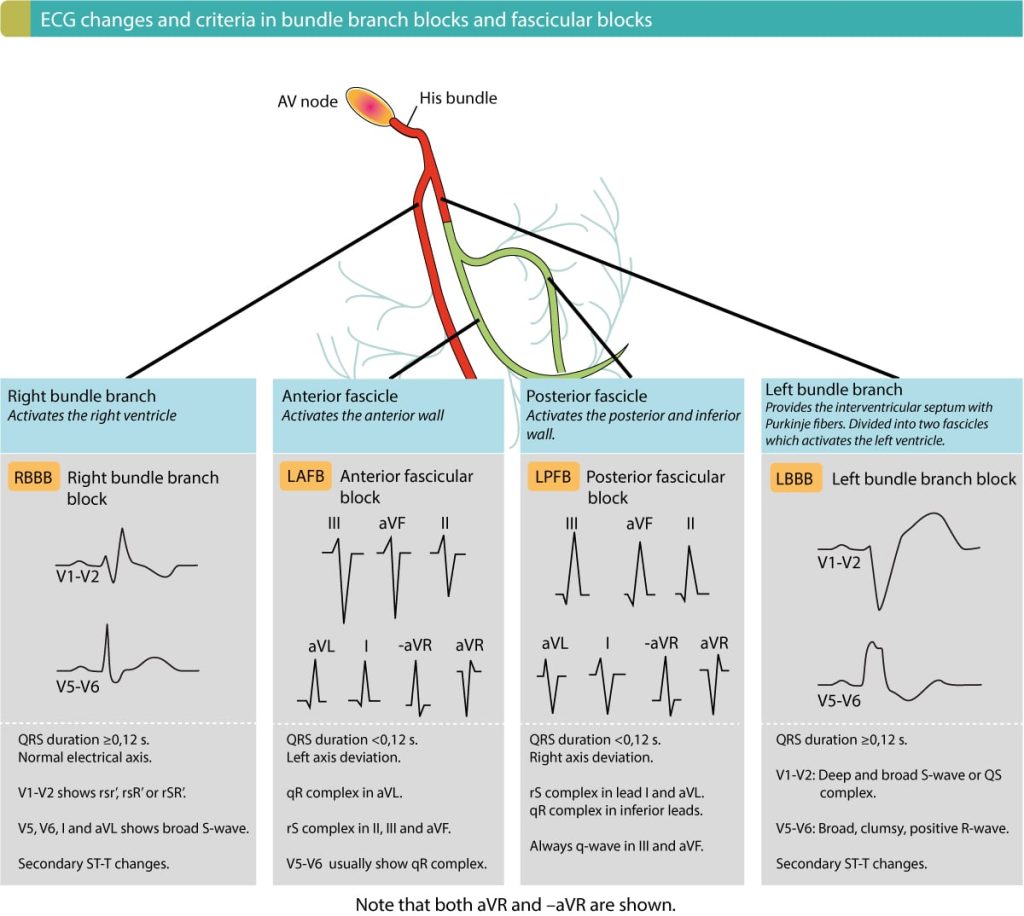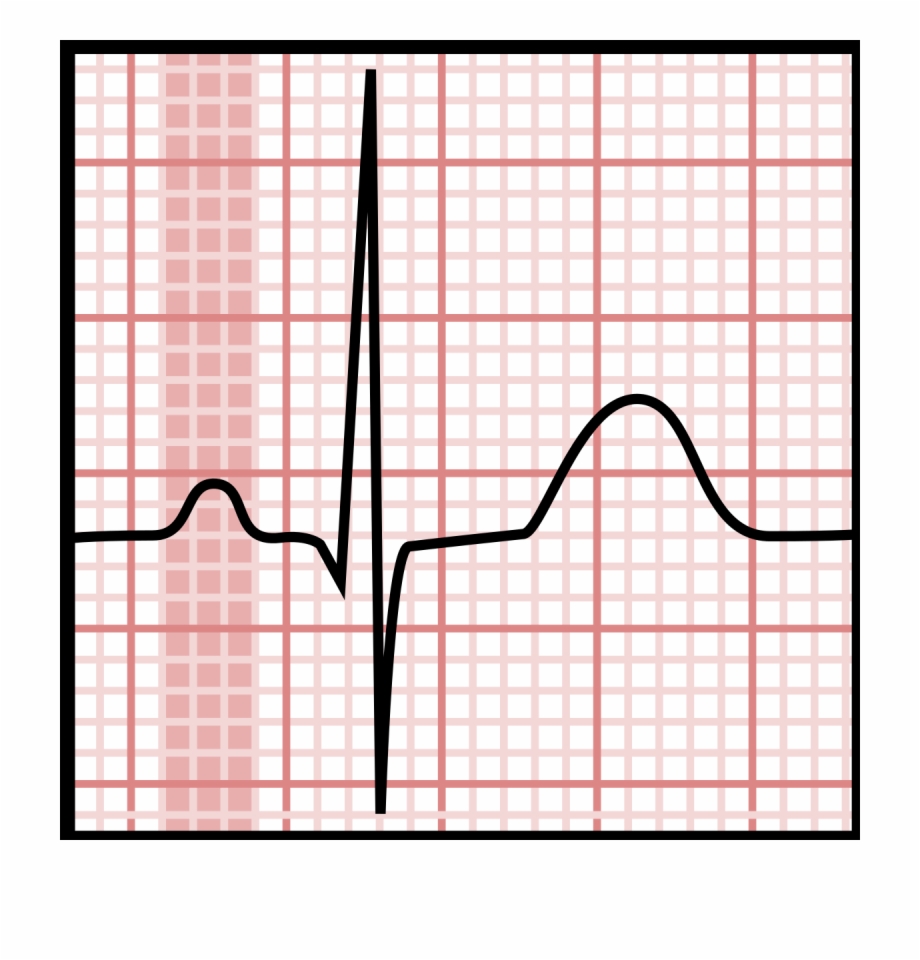Picture this: you're sitting in a doctor's office, staring at a piece of paper with squiggly lines that look like they were drawn by a toddler on caffeine. That's your ECG (electrocardiogram), and your doctor just dropped the phrase "ECG borderline." Now what? If you're like most people, this news probably left you scratching your head, wondering if it's a big deal or just a minor blip on the radar. Let's dive into the world of ECG borderline and break it down in a way that makes sense, so you can breathe a little easier.
First things first, let's get one thing straight: an ECG borderline result doesn't automatically mean you're on the brink of a heart attack. Think of it more like a warning sign—a gentle nudge from your body saying, "Hey, pay attention here." It's kind of like when your car's check engine light comes on—it doesn't necessarily mean the engine is toast, but it does mean you need to take a closer look.
Now, before we go any further, let's establish something important: your heart is kinda a big deal. It keeps you alive, pumps blood to every corner of your body, and generally deserves a gold star for being awesome. So, when your ECG shows something "borderline," it's worth taking seriously. But don't panic just yet—we're here to help you understand what it means, why it happens, and what you can do about it.
Read also:Amiyah Scott Young The Rising Star Whorsquos Lighting Up The Entertainment World
What Exactly Is an ECG Borderline Result?
Let's start with the basics. An ECG borderline result means that your heart's electrical activity falls somewhere between "normal" and "abnormal." It's like being in the gray zone—neither fully okay nor fully problematic. This can happen for a variety of reasons, and it's not always cause for alarm. Think of it as your heart's way of saying, "I'm not perfect, but I'm not totally off the rails either."
Here's the deal: an ECG measures the electrical signals that control your heartbeat. When these signals are slightly off, it can show up as an irregularity on the ECG. But here's the kicker—sometimes these irregularities are harmless, while other times they might signal an underlying issue. That's why it's crucial to dig deeper and figure out what's really going on.
Common Causes of ECG Borderline Findings
So, what causes an ECG to come back as borderline? There are plenty of possibilities, and some of them might surprise you. Here's a quick rundown:
- Stress and Anxiety: Yep, those pesky emotions can actually affect your heart's electrical activity. When you're stressed or anxious, your body releases hormones that can mess with your heartbeat. Who knew?
- Medications: Certain drugs, including over-the-counter ones, can influence your ECG results. Always let your doctor know what you're taking, even if it seems harmless.
- Age and Gender: Believe it or not, your age and gender can play a role in how your ECG looks. Younger people and women, for example, might have slightly different patterns that could be flagged as borderline.
- Physical Activity: If you're a gym junkie or an avid runner, your heart might adapt in ways that make your ECG look a little funky. Don't worry—it's usually nothing to stress about.
Other Potential Factors
Beyond the usual suspects, there are a few other things that can contribute to an ECG borderline result:
- Electrolyte Imbalances: Potassium, sodium, and calcium are like the rockstars of your body's electrical system. If their levels are off, it can throw a wrench into your ECG.
- Structural Heart Changes: Conditions like thickened heart muscle or valve issues can alter your ECG readings, sometimes showing up as borderline.
- Genetics: Some people are just born with slightly unusual heart patterns. It's like having a unique fingerprint—it's part of what makes you, well, you.
Is ECG Borderline Something to Worry About?
This is the million-dollar question, isn't it? The short answer is: it depends. In many cases, an ECG borderline result is nothing to lose sleep over. It could simply be a reflection of your unique physiology or a temporary issue that will resolve on its own. However, there are times when it might signal something more serious, so it's important to take it seriously.
Here's the thing: your heart is a complex machine, and there are lots of moving parts. Sometimes, an ECG borderline result is just a snapshot in time—it doesn't tell the whole story. That's why your doctor might recommend further testing or monitoring to get a clearer picture.
Read also:Celebrity News Daily Mail Us Your Ultimate Source For The Latest Gossip
When Should You Be Concerned?
While most ECG borderline findings are benign, there are certain red flags to watch out for. If you experience any of the following symptoms, it's a good idea to talk to your doctor:
- Chest pain or discomfort
- Shortness of breath
- Dizziness or fainting spells
- Rapid or irregular heartbeat
If any of these sound familiar, don't hesitate to reach out to a healthcare professional. It's always better to be safe than sorry.
How Is an ECG Borderline Diagnosed?
Diagnosing an ECG borderline result involves more than just looking at the squiggly lines on a piece of paper. Your doctor will take into account a variety of factors, including your medical history, symptoms, and lifestyle. Here's how the process typically works:
- Medical History: Your doctor will ask about your family history, any pre-existing conditions, and medications you're taking. This helps them put the ECG findings into context.
- Physical Exam: A thorough examination can provide clues about what might be causing the borderline result. Your doctor might listen to your heart, check your blood pressure, and look for other signs of cardiovascular issues.
- Further Testing: If needed, your doctor might order additional tests, such as an echocardiogram, stress test, or Holter monitor, to get a better understanding of what's going on with your heart.
What Happens Next?
Once your doctor has gathered all the necessary information, they'll work with you to develop a plan of action. This might involve lifestyle changes, medication, or further monitoring, depending on the underlying cause of the ECG borderline result.
Managing an ECG Borderline Result
If you've been told you have an ECG borderline result, don't freak out. There are plenty of things you can do to manage it and keep your heart in tip-top shape. Here are a few tips to get you started:
- Stay Active: Regular exercise is one of the best things you can do for your heart. Just be sure to talk to your doctor before starting any new fitness routine.
- Eat Heart-Healthy Foods: A diet rich in fruits, vegetables, whole grains, and lean proteins can help keep your ticker in good condition.
- Manage Stress: Whether it's through meditation, yoga, or just taking a few deep breaths, finding ways to de-stress can make a big difference.
- Get Regular Check-Ups: Keeping up with routine medical exams can help catch any potential issues early on.
Medications and Treatments
In some cases, your doctor might prescribe medication to help manage an ECG borderline result. This could include drugs to control blood pressure, reduce cholesterol, or regulate your heartbeat. Always follow your doctor's instructions and don't hesitate to ask questions if you're unsure about anything.
Living with an ECG Borderline Diagnosis
Having an ECG borderline result doesn't have to derail your life. With the right approach, you can live a healthy, fulfilling life without letting it weigh you down. Here's how:
- Stay Informed: Knowledge is power. The more you know about your condition, the better equipped you'll be to manage it.
- Build a Support System: Surround yourself with people who understand what you're going through and can offer encouragement when you need it.
- Focus on Positivity: Instead of dwelling on the negatives, focus on the things you can do to improve your health and well-being.
Embracing a Heart-Healthy Lifestyle
Adopting a heart-healthy lifestyle is one of the best ways to manage an ECG borderline result. This means making choices that support your overall health, from eating well and staying active to getting enough sleep and managing stress. It's not always easy, but it's definitely worth it.
Expert Insights on ECG Borderline
According to Dr. Jane Smith, a renowned cardiologist, "An ECG borderline result is often more of a starting point than a definitive diagnosis. It's a chance to take a closer look at your heart health and make any necessary adjustments." Dr. Smith emphasizes the importance of working closely with your healthcare team to develop a personalized plan that addresses your unique needs.
Research published in the Journal of Cardiovascular Medicine supports this approach, highlighting the value of comprehensive evaluation and tailored interventions in managing ECG borderline findings. By combining cutting-edge technology with old-fashioned patient care, doctors can help patients navigate the complexities of heart health with confidence.
Conclusion: Taking Control of Your Heart Health
In conclusion, an ECG borderline result is something to pay attention to, but it's not necessarily a cause for panic. By understanding what it means, exploring potential causes, and taking proactive steps to manage it, you can take control of your heart health and live your best life.
So, what's the next step? If you haven't already, schedule a follow-up appointment with your doctor to discuss your options. And don't forget to share this article with friends and family who might benefit from the information. Together, we can spread awareness and empower people to take charge of their heart health. After all, your heart deserves nothing less.
Table of Contents
- What Exactly Is an ECG Borderline Result?
- Common Causes of ECG Borderline Findings
- Is ECG Borderline Something to Worry About?
- How Is an ECG Borderline Diagnosed?
- Managing an ECG Borderline Result
- Living with an ECG Borderline Diagnosis
- Expert Insights on ECG Borderline
- Conclusion: Taking Control of Your Heart Health


